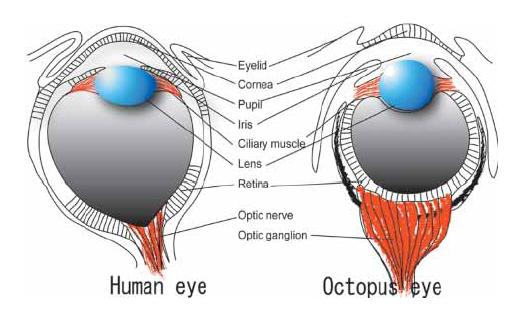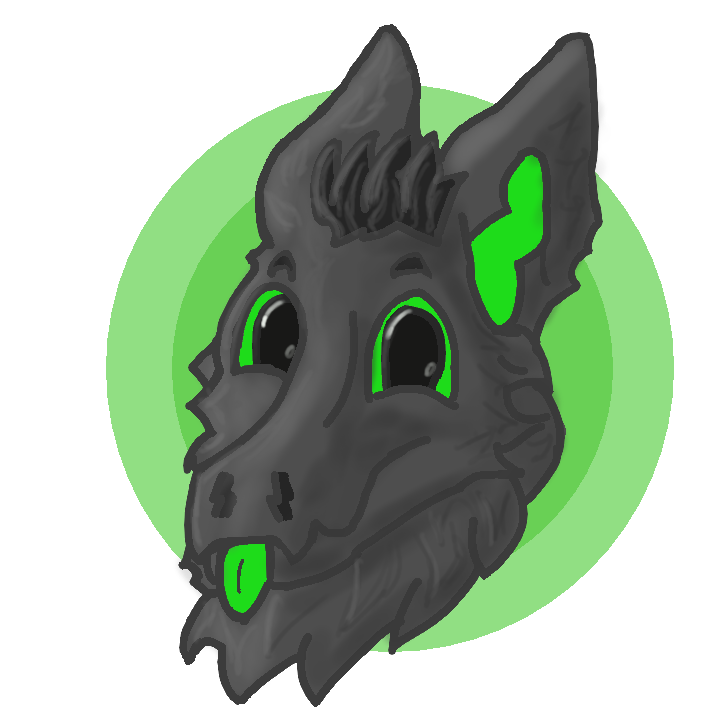The whole head-neck assembly is a disaster. Should have kept all the vital stuff in the torso and gone with articulated eyestalks.
You’ve just designed a crab. Again.
Sounds like a good argument for a crab-bot design
Seriously, who designed this crap?
I’m sorry, but management doesn’t approve any refactorings or rewrites, they only approve hotfixes and don’t budge, it’s been that way for millions of years.
Designer clearly shows low motivation a lack of effort. Should be reported to HR
HR: last online 2023 years ago
We’re the original spaghetti code.
Giraffes have a laryngeal nerve that runs down the length of their neck, around their heart, and then back up to the larynx for no good reason. It’s can be over a 15 foot detour! Imagine a sys admin seeing something like that, haha
pretty wild that natural selection just allowed that to happen. But then, the same can be said of many cable set-ups
Does this ever cause health issues?
Yes! I don’t remember the specifics but I believe I read it can turn something that would otherwise have been a small injury into something life threatening or even fatal
Fun fact! Cephalopods (such as octopi) have eyes with better “cable management” than our eyes do, which means they don’t have a blind spot like we do. The blind spot is because theres a gap in the retina for the optic nerve to pass through, because the retina is wired in from the front, whereas cephalopods optic nerve connects to the retina from the front.

What’s really cool is that this happened because of convergent evolution: this rough eye structure evolved independently (at least) twice. It’s like two people who have never interacted publishing a new algorithm at the same time, from different parts of the world, except one person’s is slightly more optimised. It makes me appreciate the complexity of our eyes a bit more, if it’s so good that multiple evolutionary paths converged on this design






